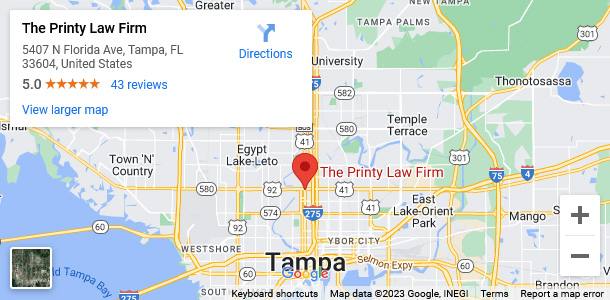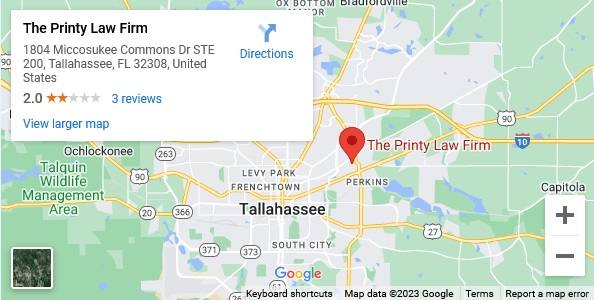Documenting Accidents Are Harder Than You May Think
Personal Injury Lawyer | It’s pretty basic that when you are litigating a case involving personal injuries, you need evidence to prove your case in court. In fact, much of what happens before trial involves disputes over what evidence can be obtained and which evidence the negligent defendant is not required to produce.
One category that doesn’t have to be produced is known as “work product.” This term has a specific legal definition, but in practical terms, anything deemed work product may be very difficult for you to obtain to prove your case.
What is Work Product?
Work product generally includes documents that are made in anticipation of litigation. The most classic form of work product is an incident report.
If you slip and fall on a business premises, you may notice the employees filling out documents about the incidents. They may ask you what happened, take pictures, and get information from witnesses. This document is an incident report.
Logically, if you sue for your injuries, you might think that the incident report is a pretty important document needed to prove your case, and that the defendant should have to turn the report over. Clients often request their attorneys get the report as evidence of what actually happened, especially when there is a factual dispute with the other side. But the incident report is created by a business in anticipation of litigation, and thus is generally protected from disclosure.
Another common dispute is over past incidents—for example, how many people have fallen in the store (or in an area) in the past? Again, documents created memorializing those past incidents will often be considered work product, and an injured party may not be able to obtain that information.
The Broad Scope of Work Product
Work product includes almost any kind of document created in anticipation of litigation, even if at the time the document was created there was no litigation threatened or pending.
The information doesn’t have to be gathered by the company’s attorney. A document doesn’t have to be “confidential” to be work product, and a report that is given to corporate departments that are not related to litigation can still be work product. Internal investigation by a company, even if done for risk management purposes, may also be work product.
When Incident Reports and Work Product Can be Obtained
In some cases, an injured party can obtain documents that are considered work product. To do so, a party has to show that the information is needed, and that it can’t get the information anywhere else.
That may seem like an easy burden. But if an injured party can, for example, get information about the accident through depositions, a court may say that it doesn’t need work product documents from the defendant. In one case, because a defendant provided a list of prior accidents on its premises, a court ruled that the actual documents memorializing prior accidents couldn’t be turned over.
Also, simply saying you need documents “to prove your case” won’t be enough. A party needs to specifically state what it is about their case they can’t prove without the requested information, and why that’s vital to winning. – Miami Injury
The personal injury lawyers at Printy Law Firm can inform you of legal options you may not know you have. If you or a loved one has experienced an injury or wrongful death due to someone else’s negligence, contact The Personal Injury Department at Printy Law Firm.
Call today for a confidential consultation | Tampa 813.434.0649 | Tallahassee 850.877.7299





